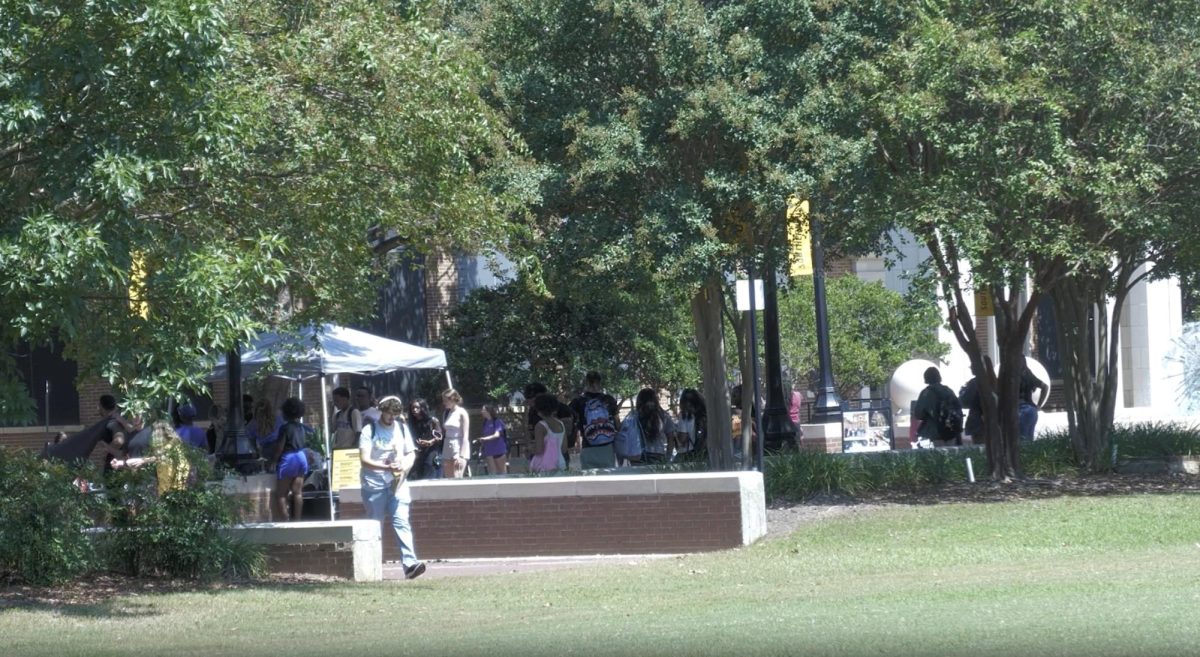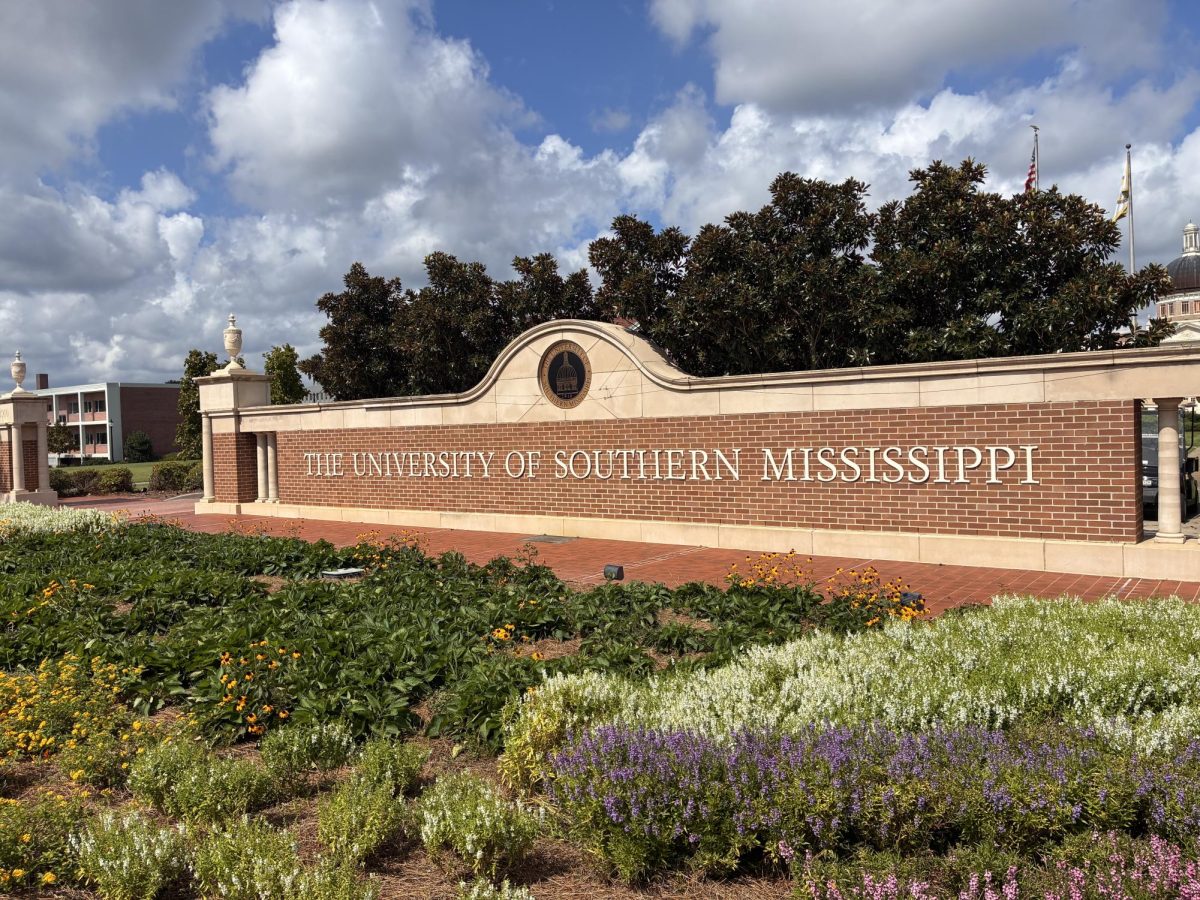Mississippi’s economy is being impacted by a significant amount of “brain drain,” with college graduates leaving the state to pursue better opportunities.
Brain drain is the immigration of college-educated or skilled workers from one place to another. Several things are a result of brain drain in Mississippi, such as a slowed economy, loss of talent and revenue and widened regional, socioeconomic and political divides. According to the Mississippi state auditor, in the years 2015 through 2018, Mississippi invested over 1.5 billion dollars into its public university students, but half of those students didn’t hold a job in the state by 2020. This is a constant problem that is getting worse over time.
“Brain drain can be challenging for communities because when talented individuals leave in search of opportunities elsewhere, it limits local growth and innovation,” said Mackenzie Gray, assistant director of Career Services at USM. “At the same time, it highlights the importance of creating environments where people feel they can thrive both professionally and personally.”
USM Senior Jada Martin is a political science major and plans to become a lawyer. She said that she is concerned about the effects brain drain has on the communities in Mississippi.
“Unfortunately, I believe that it is a concern we have, because people go, they get their education, and they don’t look towards their community anymore,” she said.
College students are the highest population of people leaving the state. About 70% of high school graduates or people who’ve earned an associate’s degree stay in the state, but only about 50% of people with bachelor’s degrees stay in the state. This results in Mississippians who earn lower incomes having to take on more of the cost of education, infrastructure and public services.
Brain drain results in a large loss of talent and revenue for the state. With talent leaving the state, businesses are forced to close, and fewer ideas are established for new businesses. According to a 2015-2017 study from the Mississippi State Auditor, USM and MSU produced approximately half of all in-state graduates who work in Mississippi three years after graduation.
Martin said she is still unsure where she wants to work after finishing her degree, but she doesn’t see as many opportunities in-state as she wishes.
“I’m still traveling the fence here. I’m trying to figure out if I want to stay in Mississippi or if I don’t want to stay in Mississippi,” she said. “With my career and journey to being a lawyer, there aren’t as many opportunities as I would like to be in Mississippi. But I would love to give back to my community. I would love to give my knowledge and spread my awareness to the youth, to get them involved in what’s going on in politics,” Martin said.
According to Uplift Legal Funding, Mississippi is among the lowest-performing states for lawyers. This means the state has a lower salary, emotional well-being, job openings and low work satisfaction. Although Mississippi has solid academic performance and college experience, it lags in degree affordability and job prospects.
Despite this, Martin said there are still positives to staying in Mississippi, like giving back to her community and helping with local government.
“We need to spread awareness everywhere, not just in other states, but in Mississippi as well. We need it more than anything,” Martin said.




























